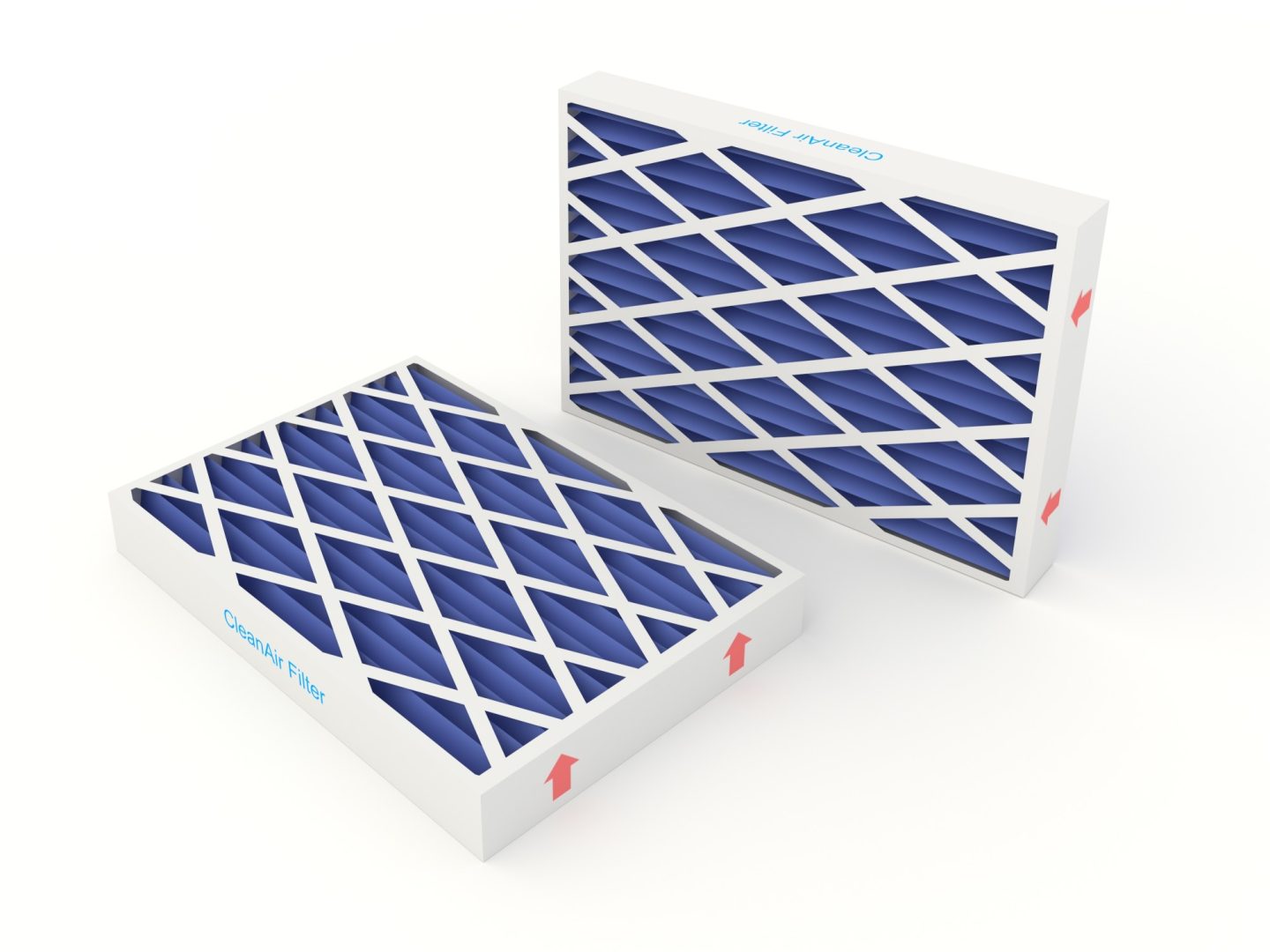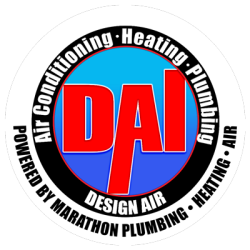
Your HVAC system requires filters to keep the indoor air clean and to ensure that your system runs smoothly. According to one recent poll, approximately 82 percent of Americans fail to change their HVAC filters as required.
So, how often should you change your HVAC filters, and why does it matter?
Read on to learn more in this helpful cooling and heating guide so you can practice good maintenance year-round.
Air Filter Basics
Every HVAC system uses special filters that are usually made of spun fiberglass or pleated paper with a durable cardboard frame. The filter goes into a specific area where the return air duct is located.
The filter acts as a protective barrier to prevent dust and other contaminants from entering your system and your home or place of business. The air filters have a special MERV (minimum efficiency reporting value) that refers to the size and type of particles and other pollutants it will filter out.
Most HVAC systems include information about how often you should change the filter. However, some filters may last longer per the manufacturer’s specifications.
Changing your filter is crucial not only to keep air quality high but also to protect the system itself. If the filter gets clogged, it can lead to issues and breakdowns later down the road.
HVAC Filters: How Often to Change Them
The frequency with that you’ll need to change or replace your HVAC filters depends on the make and model of your system. Most manufacturers recommend changing the filter every 30, 60, or 90 days max.
Households with pets may require you to change the filter more often since it will have a higher likelihood of getting clogged sooner. Ideally, you should replace HVAC filters every 60 days or every two months.
People who have allergies or respiratory issues may benefit from changing the filter monthly. It can’t hurt to change your filter this often, so don’t be afraid to replace it sooner than what’s recommended.
Overall, the more you use your home cooling system, the more often you should change the filter. Set a reminder on your phone or use a calendar so you don’t forget.
What Happens if You Don’t Change the Filter?
Remember that your HVAC filter is there to act as a barrier against things like pet dander, dust, and other fine particles. If you don’t change your filter, it will eventually become clogged and bogged down.
Look carefully at the MERV rating for your filter to confirm that it will filter out the particle type and size you need. Failing to change your filter could lead to the need for serious air conditioning repair.
A blocked filter can cause the rest of your HVAC system to work harder. Over time, this may lead to issues including broken components or a complete system shutdown. It will also make your system less efficient and could lead to higher energy bills.
Keep Your Filter Clean
In most cases, you should change HVAC filters every month to every three months. Make sure you follow the recommendations based on your unit and be diligent about replacements.
If you need help with your home HVAC system, contact the pros at Design Air today.

